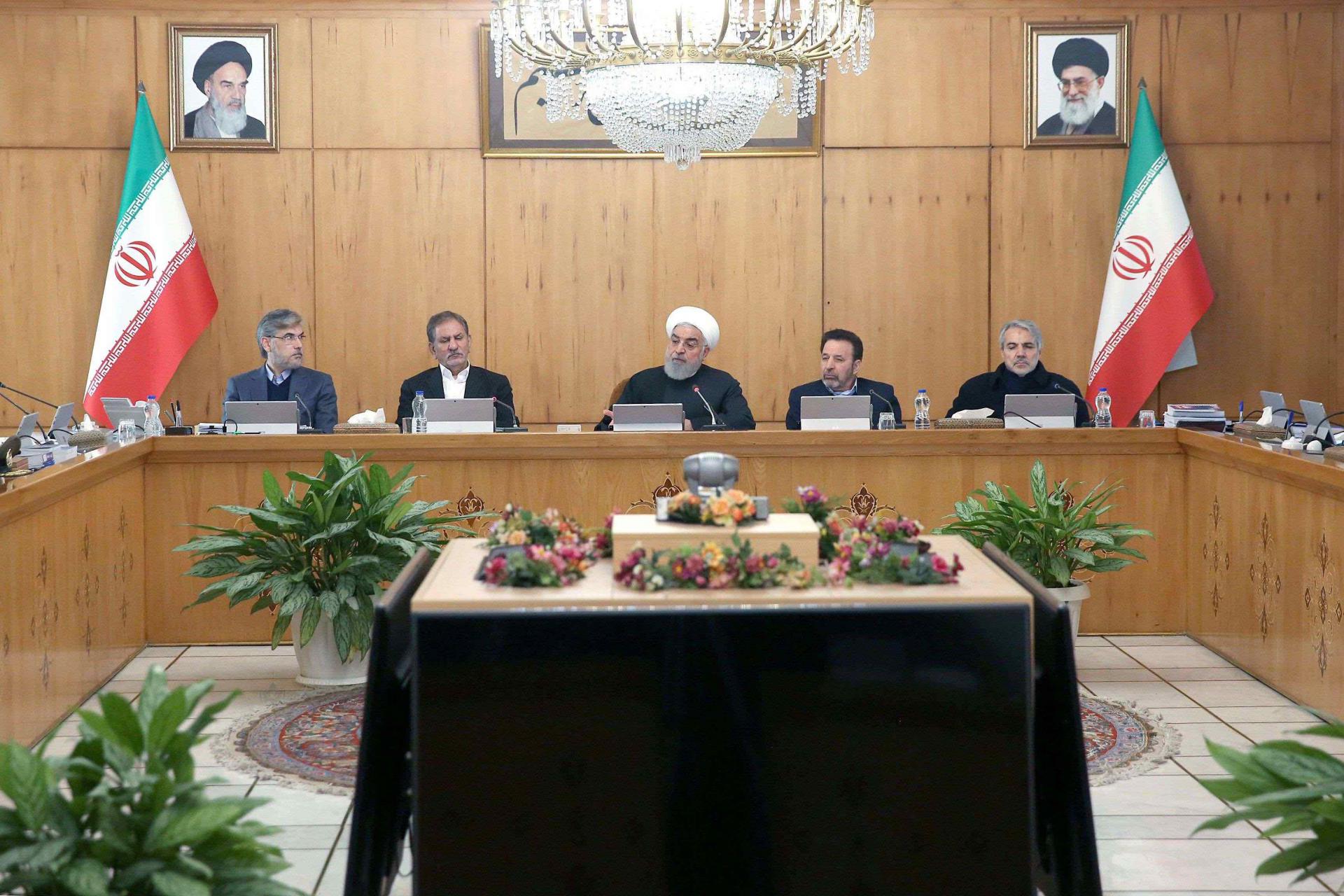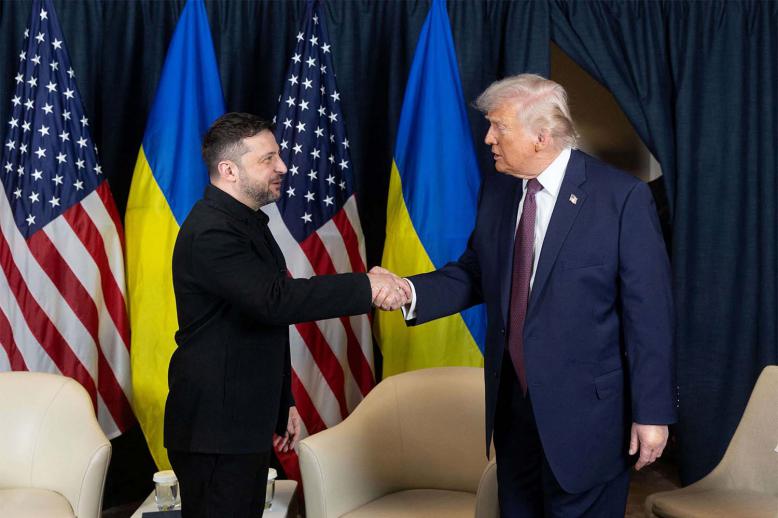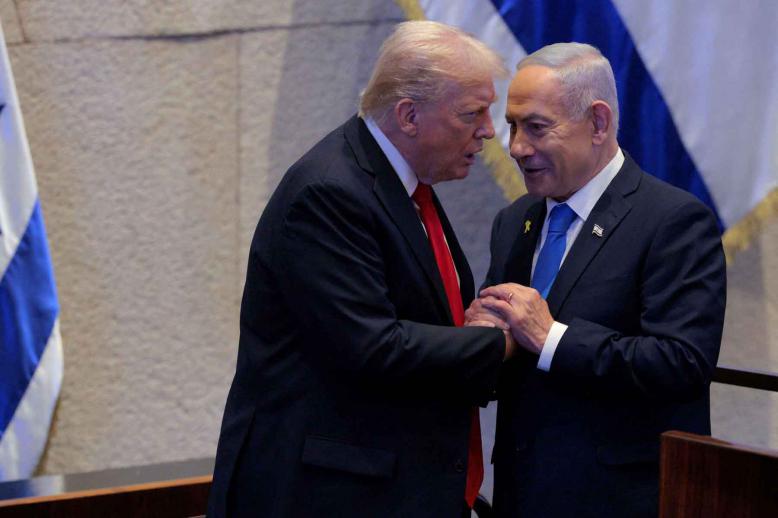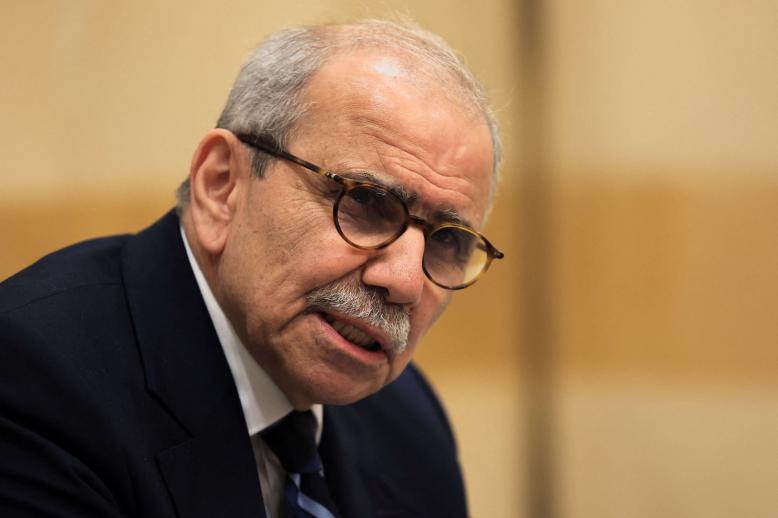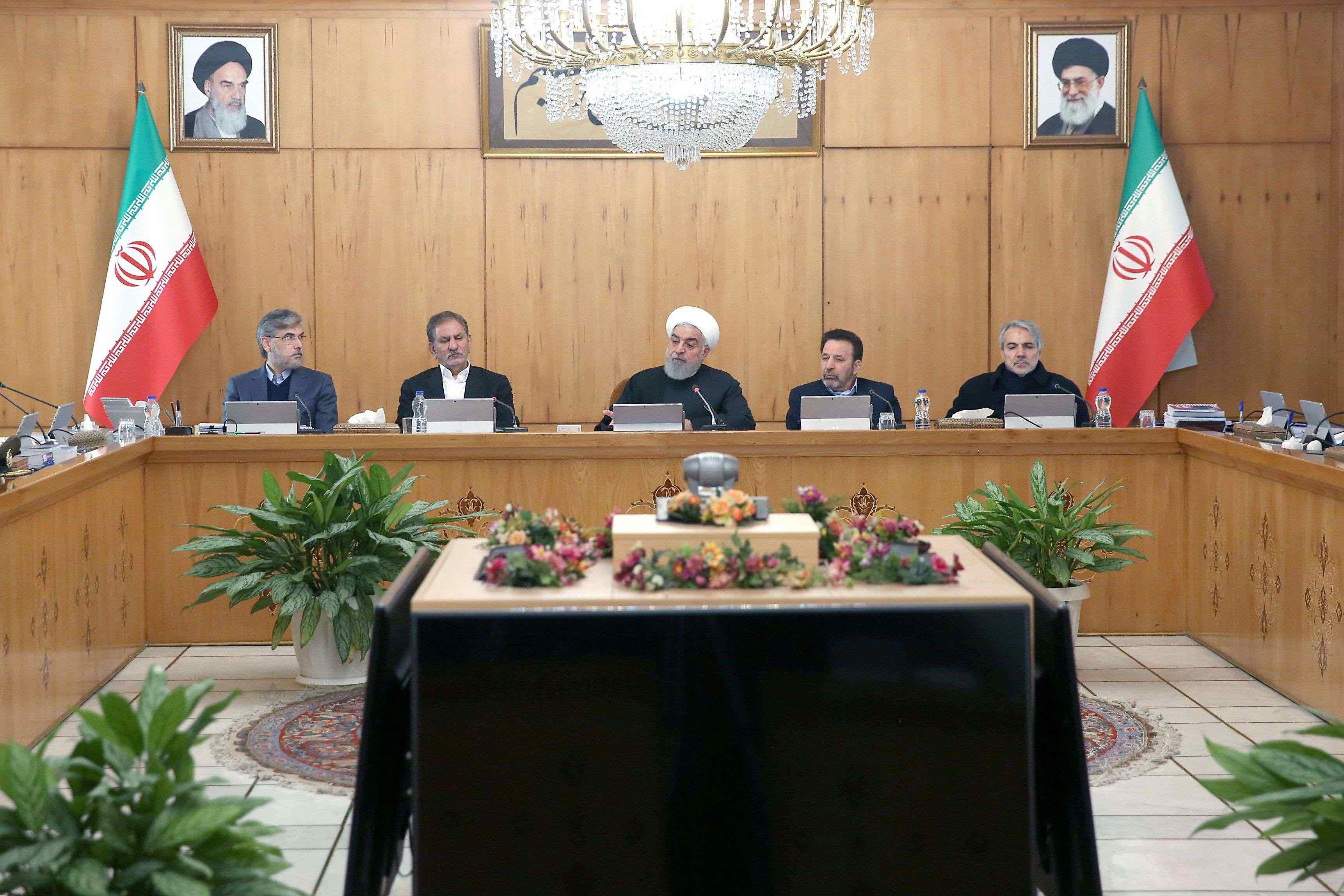Iran says will quit global nuclear treaty if case goes to UN
TEHRAN - Iran said Monday it will consider withdrawing from the Treaty on the Non-Proliferation of Nuclear Weapons (NPT) if a dispute over its atomic programme goes before the UN Security Council.
Britain, France and Germany launched a process last week charging Iran with failing to observe the terms of the 2015 nuclear deal, a move that could eventually see the Security Council reimpose international sanctions on the country.
Iran has accused the three EU member states of inaction over sanctions the United States reimposed on it after unilaterally withdrawing from the landmark accord in 2018.
The European move "has no legal basis" and if they take further measures "Iran's withdrawal from the NPT will be considered," Foreign Minister Mohammad Javad Zarif was quoted as saying by the Iranian parliament's website.
The landmark 2015 deal reached with Britain, China, France, Germany, Russia and the United States gave Iran relief from sanctions in return for curbs on its nuclear programme.
Since the US pullout, Iran has progressively rolled back its commitments to the accord -- the Joint Comprehensive Plan of Action -- in retaliation.
It has hit out at the three European nations that remain party to the JCPOA for failing to live up to their promises to ease the impact of US sanctions on its oil-based economy.
"If the Europeans return to the commitments, Iran will also stop reducing its commitments, but if the Europeans continue as they have been... we have different options," said Zarif.
The foreign minister said Iran's President Hassan Rouhani had warned former EU foreign affairs chief Federica Mogherini about such consequences in three letters sent in 2018.
"It was stated in the president's letter that if this issue is referred to the Security Council, Iran's withdrawal from the NPT will be discussed but before that we can consider other (options)," he said.
European officials have made it clear that the decision to trigger the dispute resolution mechanism was made in a bid to bring Iran back into compliance and save the accord.
But Iran's foreign ministry on Monday warned more measures could be taken in retaliation for the European move.
"If these talks continue, Iran is formulating a final and even more effective" measure regarding the nuclear deal, spokesman Abbas Mousavi told a news conference in Tehran.
Asked by reporters to elaborate, Mousavi said it would be a "serious" measure, but he gave no further details.
"Different options are on the table for Iran that will be announced if a consensus is reached" by its leaders, he said.
Iran has stressed the steps it has taken to roll back the nuclear deal can be reversed if its interests are realised.
Uranium enrichment hits new heights
President Rouhani recently announced that all uranium enrichment levels had been abandoned.
Iran is currently producing uranium enriched beyond the 3.67 percent set by the agreement, and no longer adheres to the limit of 300 kilogrammes (660 pounds) imposed on its enriched uranium stocks.
But they did not specify whether Iran was now producing a greater quantity of enriched uranium, or whether it was enriching ore with uranium 235 isotopes at a higher level than before the deal.
During the deal’s implementation Iran’s uranium production was at 5 percent, far below the 90 percent required to produce an atomic bomb, and below the 20 percent enrichment they had prior to the commitment.
E3 have so far resisted calls from Washington to follow their lead and abandon the deal, with UK Prime Minister Boris Johnson recently calling for Trump to replace it with a new deal of his own.
But Rouhani dismissed the proposal, and criticised Trump for breaking his promises.
A source close to the International Atomic Energy Agency said on January 10 that there had been "no notable change in Iran's nuclear activity" since January 5.


